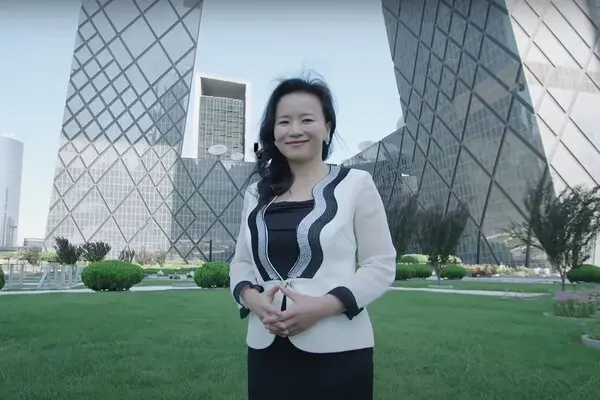In a poignant development, Australian journalist Cheng Lei, who has been detained in China since August 2020 on charges of espionage, has written a heartfelt letter from prison. The letter, which Cheng Lei referred to as a “love letter to 25 million people,” was dictated to consular staff during a visit and subsequently released by her partner. The letter offers a glimpse into her conditions and emotions during her time in a Chinese prison.
Australian Journalist Cheng Lei had previously worked as a business television anchor for Chinese state television before her arrest. She was accused of sharing state secrets with a foreign country, a charge she vehemently denies. Her arrest followed closely after former Australian Prime Minister Scott Morrison’s call for an independent inquiry into the origins of the coronavirus. This sequence of events prompted speculation that Cheng Lei’s detention was aimed at exerting pressure on Australia.
The poignant letter by Cheng Lei conveys her deep longing for her homeland. She expresses missing the serene encounters with Australian wildlife, the feeling of sea salt in the air, and the sand between her toes. The letter further reveals the stark reality of her confinement—she mentions missing the sun and laments that she can only stand in the sunlight filtering through her prison window for a mere 10 hours a year.
Cheng Lei’s letter concludes with an emotionally charged statement, “Most of all I miss my children.” This heartfelt letter marks her first public communication since her arrest in 2020, offering a rare insight into her personal struggles and yearnings during her detention.
Australia-China relations have shown signs of improvement since the election of the Anthony Albanese-led Labor government in 2022. China has gradually lifted some punitive measures it previously imposed on Australia. This warming trend in bilateral ties has sparked speculation about Cheng Lei’s potential return to Australia.
Prime Minister Anthony Albanese is reportedly considering an invitation to visit China later this year, following China’s removal of restrictions on Australian barley imports. In response to Cheng Lei’s statement, Albanese expressed his appreciation, characterizing her words as “very moving” and indicative of her deep attachment to Australia.
Albanese emphasized that his potential visit to China is not driven by transactions, but rather by the resolution of Cheng Lei’s detention. He stated, “Visits and engagement and dialogue should not be transactional. Visits and dialogue are something that in themselves are constructive.” This sentiment underscores the importance of diplomacy and dialogue in fostering productive relationships between nations.
As Cheng Lei’s heartfelt letter sheds light on her experiences and emotions during her confinement, it also highlights the significance of human connections and empathy in the realm of international relations.













